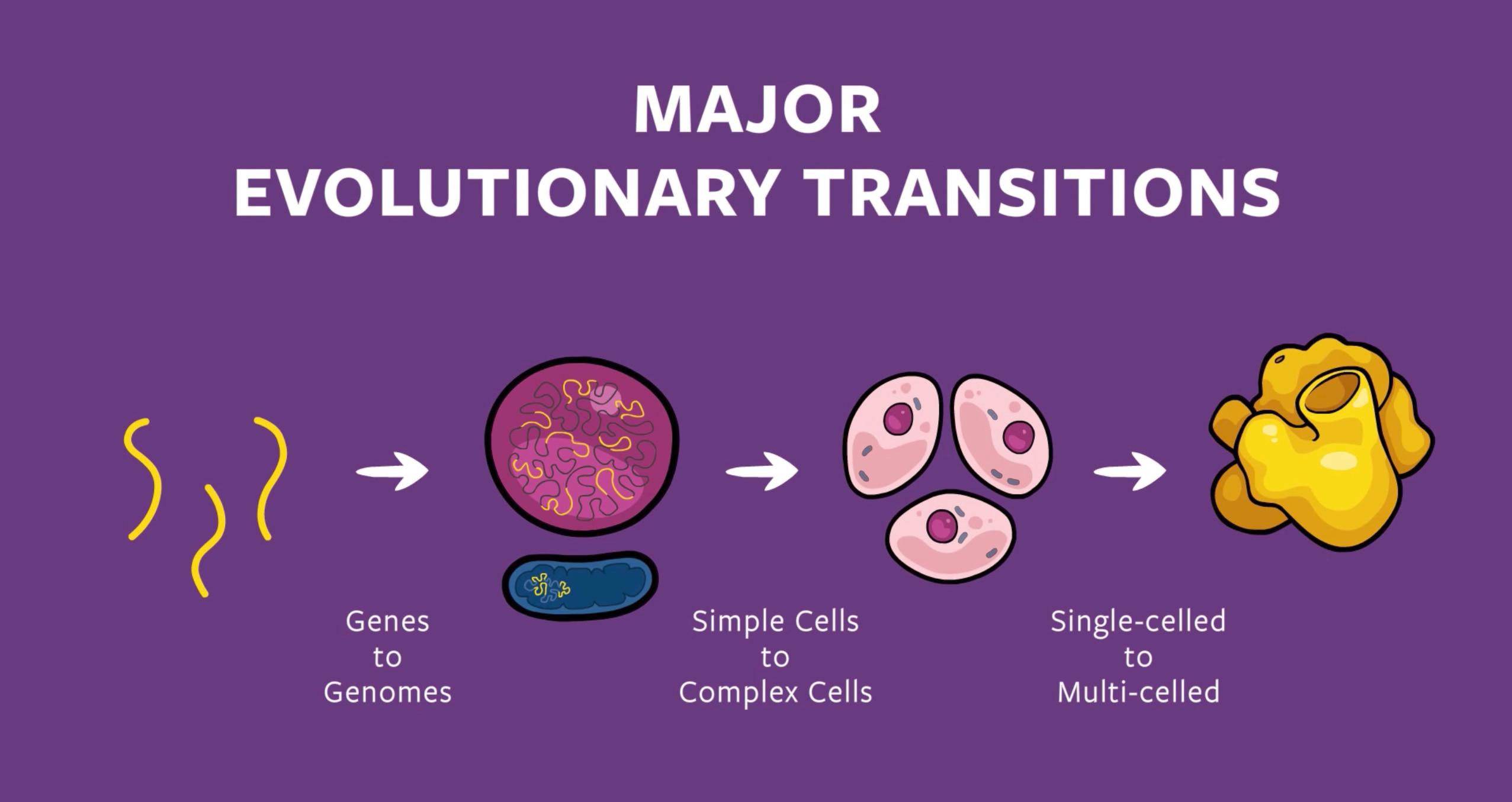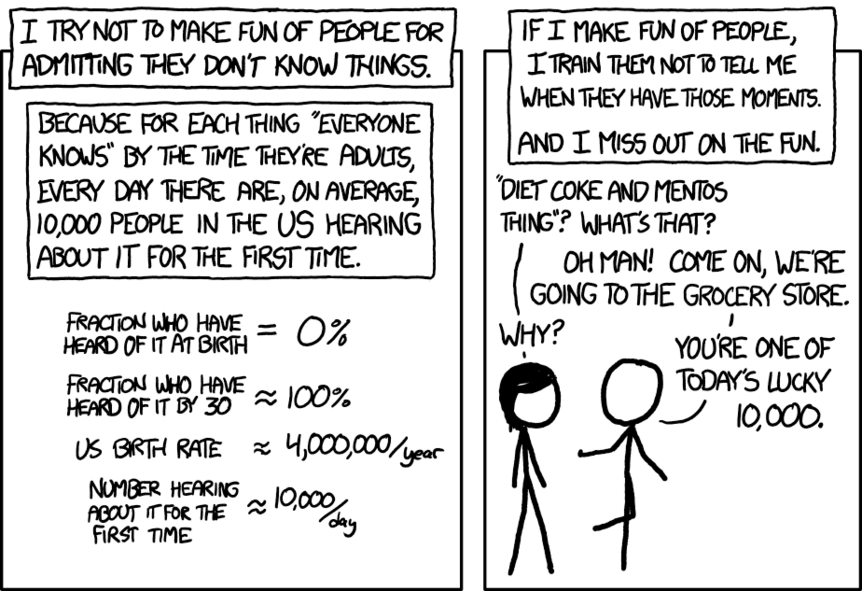Create a free profile to get unlimited access to exclusive videos, sweepstakes, and more!
Why did single cells start to cooperate?

I am not a biologist. Like any field of science, I find biology fascinating, and love to find ways to learn more about it. My lack of formal training in biology means I’m an educated layperson when it comes to the field, though, so I like it when I find a good, solid introduction to a topic I hadn’t really considered before.
Like, say, how did life go from simple single-celled structures to more complex multi-celled organisms? This huge jump in evolution happened long ago, but how? I had some vague idea about it (cooperation was a survival advantage somehow), but I’ll be honest and say that, if grilled, I’m not sure I would have been able to come up with a concrete example.
But good news! Artist and science communicator Jon Perry and his team have a series of videos called “Stated Clearly,” in which they, well, clearly state how lots of biological and evolutionary processes work. They make them simple (though not too simple; that is, oversimplifying to the point where vital information is lost) and engaging, and fun to watch.
They created a wonderful one about multicellular cooperation, called “What Caused Life's Major Evolutionary Transitions?” and it’s well worth your time to watch, even if you know more biology than I do:
So, how did cooperation evolve? In the video, Perry mentions one recent experiment in which protists couldn’t eat algae that had stuck together, so this became a factor that selected bigger clumps for survival. Within a few generations, most algae had developed multicellular cooperation.
Of course, that’s just one experiment. There are further examples, but the point isn’t so much that these examples show how it happened specifically, but instead 1) that it can, in fact, happen, 2) there were probably countless further ways this could have happened, and 3) it only takes the conditions to arise for this to happen. By that last one, I mean that once the situation is primed for cooperation to become an advantage, cooperation happens.
I know there are countless details and huge areas of understanding this doesn’t cover, but it does give the basics, and makes my understanding of this better.
I’m discussing the personal impact this had on me for a reason. For one, I’m delighted when I get to learn something, especially something at a lower level I might have missed. But it’s also a reminder that not everyone knows all the basics about everything. I’ve been in love with astronomy for so long that it’s second nature to me to know how the Moon’s phases work, or why we don’t get an eclipse every two weeks. But to others, even smart, well-educated people, these sorts of things may have never occurred to them. And it might be easy to blame our education system, but it’s a big Universe, folks, and there’s a lot to know. Some stuff — even stuff you know in and out and hold dear and true to your hearts — will be only hazily known to others.
For some, that might be an opportunity to condemn others, to snark about their lack in some manner. But I choose to think of this as an opportunity to share that knowledge and make the world a little bit more knowledgeable. As my friend Randall Munroe so wisely put it:
Ignorance is fixable, and when it is you get a delightful, shiny new outlook to try out and fantastic, wondrous new things to know.
Stated Clearly has a Patreon account. Want to help more people understand things? Give that a go. I’ve also written about these videos before, and you may enjoy perusing them as well.



























